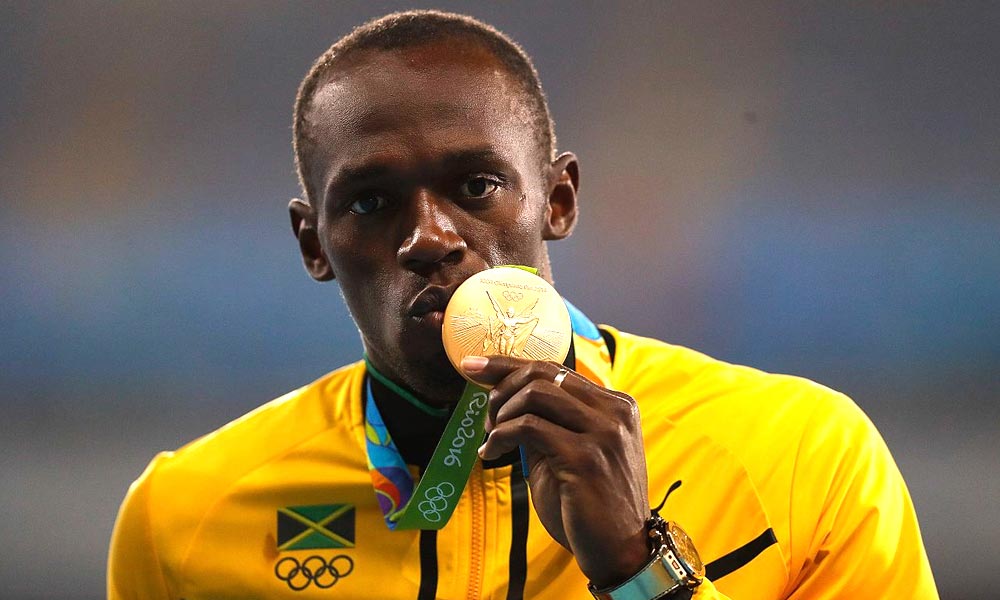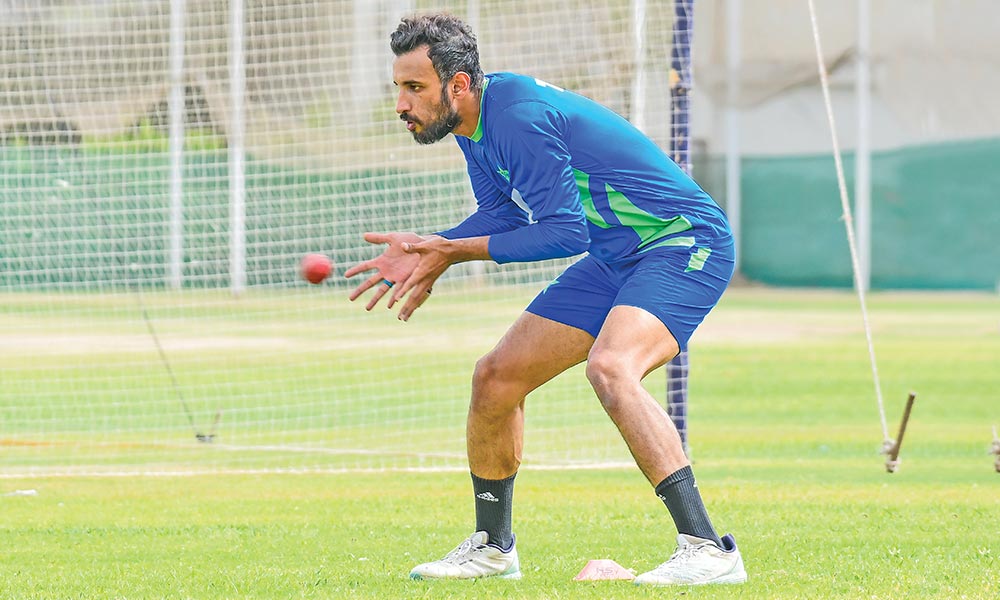Participation in sports and exercise is often suggested as a great antidote to various mental health struggles. The physical activity, teamwork, and sense of achievement that come with sports can indeed have a profoundly positive impact on an individual’s well-being. However, it would be remiss to assume that athletes are immune to the trials of depression and anxiety, especially considering the immense pressure they face both on and off the field.
In the world of sports, success is often measured by being chosen, being the best, and constantly striving for improvement to maintain one’s position on a fragile pedestal. With every performance, professional athletes risk the devastating blow of defeat, plunging from the heights they worked tirelessly to ascend. The stakes are high, and the audience’s voice is resoundingly loud, amplifying the weight of expectations.
Interestingly, society often buys into the belief that athletes thrive under pressure. We romanticize their ability to summon extraordinary skills and draw inspiration from the admiration of the crowd. Yet, behind the cheers and glory, there lies a hidden struggle—an internal battle against self-doubt, anxiety, and the overwhelming burden of expectations.
But why does society overlook the mental health challenges faced by athletes? Why do we fail to acknowledge that even those who excel in their craft can find themselves grappling with mental and emotional distress? Perhaps it is because we are so fascinated by their physical prowess, that we chose to believe that they possess an unshakeable mental fortitude.
However, recent instances with high-profile athletes prioritizing their mental health have sparked a significant shift in how mental health is viewed in the sports industry. Ben Stokes, England Test Captain, shared his personal journey with mental health, taking a six-month break from sports in 2021 after suffering from panic attacks. In the Amazon Prime documentary ‘Ben Stokes: Phoenix from the Ashes’ released last year, Stokes revealed his struggles with mental health. He further shared his experiences on Red Bull’s Mind Set Win podcast, stating, “I was almost putting emotions and feelings into a glass bottle. The glass bottle became too full and exploded, which overwhelmed me at that moment.”
Tennis superstar Naomi Osaka, along with other prominent athletes such as Serena Williams, Usain Bolt, and mental health advocate Michael Phelps, has also demonstrated bravery and vulnerability regarding mental health. Osaka withdrew from the French Open in May 2021, citing concerns for her mental well-being. These high-profile examples have initiated a broader dialogue and brought about increased awareness regarding the various career dynamics that can pose mental health risks to athletes.

This has initiated a broader dialogue and brought about increased awareness regarding the various career dynamics that can pose mental health risks to athletes. To delve into the specifics, prevalent factors contributing to mental health challenges in athletes include:
– Unsustainable expectations for perfection
– Overwhelming public pressure
– The demanding nature of an athlete’s lifestyle
– A competitive environment
– Constant reminder to outwork an opponent
– Transient careers that can abruptly end due to injuries
Psychologists often employ the diathesis-stress model to explain mental health conditions. According to this theory, individuals possess an inherent vulnerability to certain conditions, which lies dormant until activated by stress. When applying this model to athletes, it becomes evident that their risk for mental health issues is heightened. While athletes may share similar underlying risks as the general population, the unique stressors they face are significantly amplified.
Dr. Matthew Sacco, a sports psychologist, emphasizes that although athletes experience depression at comparable rates to the general population, the distinctive culture of sports acts as a pressure cooker. Sports often glorify qualities like toughness, perfectionism, and competitiveness. Simultaneously, athletes are discouraged from seeking assistance or admitting vulnerability. In a study focusing on college students, it was found that collegiate athletes are less likely to seek treatment for their mental health concerns compared to their peers.
Pakistani cricketer Mohammad Amir has been open about his personal struggles and the importance of mental health in the sport. He took a break from cricket in 2019 to prioritize his mental well-being and returned with a renewed focus. In an interview with PakPassion.net, Amir expressed, “Yes, I had experienced mental pressure and believed that I was not the only one who had gone through it.” He mentioned that some players are hesitant to take action or express their concerns due to various factors that are beyond their control.
Solomon Thomas, a former defensive lineman for the San Francisco 49ers, vividly captured the relentless scrutiny athletes endure, stating, “It’s like you are being judged for everything you do.” The constant pressure of being observed, evaluated, and criticized can quickly become overwhelming.
Another phenomenon observed during international Pakistani cricket matches is the derogatory chanting of ‘Parchi’ directed at players. The term ‘Parchi’ is colloquially used in Pakistan to imply that a player has achieved their position solely due to favoritism or nepotism, rather than merit and skill. These chants not only undermine the credibility and hard work of the players but also inflict significant emotional damage. Being subjected to such demeaning remarks not only undermine the integrity of the game but also perpetuate a culture of negativity and unfair judgment.
In a recent interview with Palwasha Bashir, the renowned international badminton champion from Pakistan, she spoke about her remarkable journey of resilience in an interview with G.A.M.E. Despite facing a serious injury for the second time, Palwasha gracefully shared her experience of undergoing a critical surgery.

She revealed, ‘During the challenging period of post-surgery recovery, I encountered significant mental hurdles as I was confined to bedrest for two months, relying on crutches to navigate my daily life. It was disheartening to witness the changing attitudes around me, with some doubting my ability to make a comeback. However, as an athlete fueled with determination, they would eventually return to the sports they love and make a comeback.”
It is crucial to recognize that athletes are humans with their own vulnerabilities and limitations, not just superhumans capable of defying all odds. By understanding their humanity, we can offer support and empathy during their moments of struggle, empowering them to rise above obstacles and achieve remarkable comebacks.
Optimizing mental health is vital for athletes as it profoundly influences their well-being and performance. By nurturing their mental well-being, athletes can unlock numerous benefits that contribute to their success:
– Emotional Regulation: Helps to maintain composure in high-pressure situations.
– Resilience and Adaptability: Empowering recovery from setbacks, injuries, and performance slumps.
– Enhanced Focus: Catalyzing improved decision-making, reaction time, and overall performance.
– Confidence Building: Constructing a solid foundation of self-assurance.

Shan Masood, a Pakistani cricketer, also spoke about the mental aspects of cricket and the importance of mental strength in the sport. “Maintaining your mental health is of utmost importance when playing a sport at the highest level. Even in everyday life, it can be challenging to stay in control of your mental well-being,” Masood expressed during a virtual media interaction. “As a nation, we must prioritize mental health and take it more seriously.”
The sports industry has long celebrated the physical prowess and remarkable achievements of athletes on the field. However, in the midst of this narrative, a vital aspect often goes unnoticed – the profound complexity and vulnerability of athletes as human beings, establishing a connection between players and spectators. As we find ourselves in a transformative era where workplaces are evolving, and the understanding of mental health and invisible disabilities is being reevaluated, the business of sport should seize this moment as an opportunity. It’s time to broaden the ongoing conversation around mental health within the industry, recognizing the significance of holistic well-being for athletes in their workplace environments as well.
